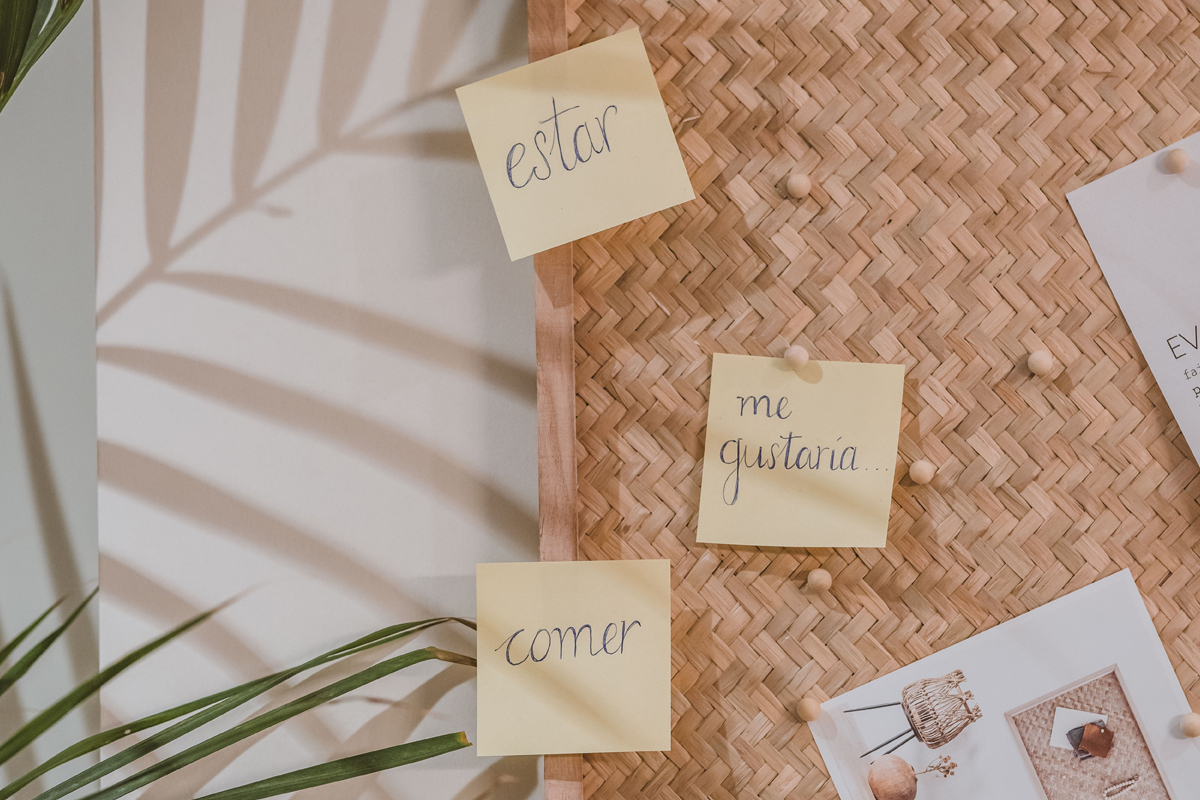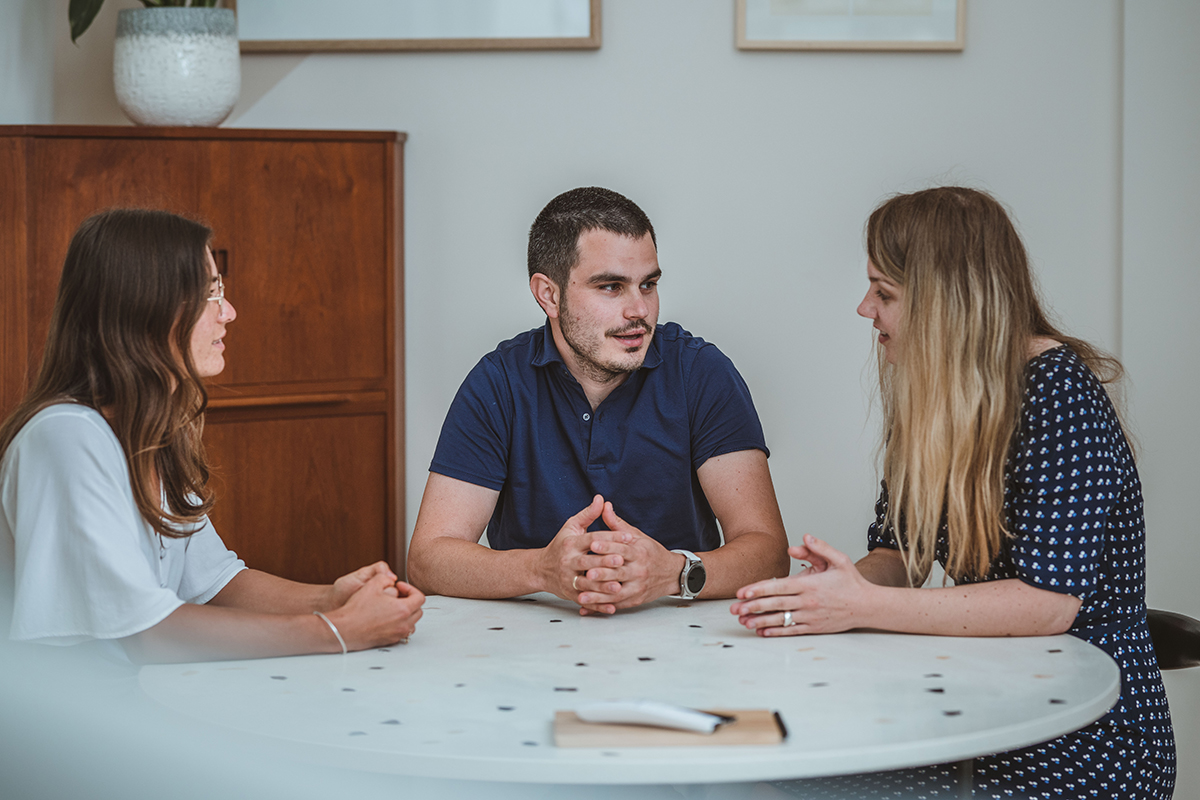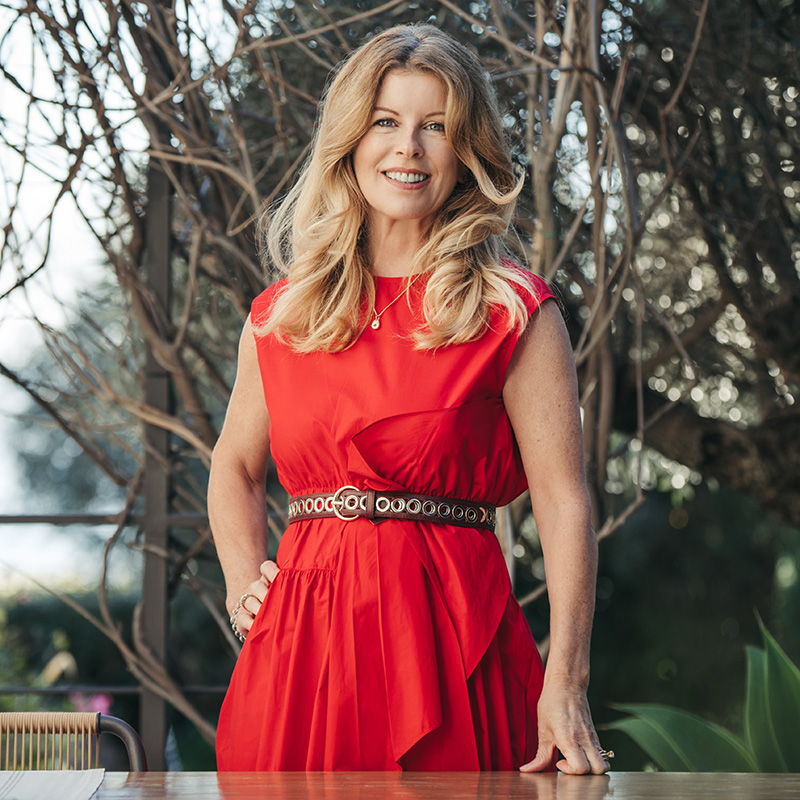It doesn’t have to be all text books and dictionaries when learning a language. We all learn in different ways, but understanding which way you learn best is half the battle to learning effectively. Mallorca is a hub of international converse, with people from all over the world moving to the largest of the Balearic Islands.
Tourism is Mallorca’s biggest sector, meaning that English and German are spoken widely and are strongly encouraged in schools in Mallorca. Spanish and Catalan are the island’s co-official languages and are recommended for those who’ve moved to Mallorca and plan to stay permanently. Many expats will get by most of their lives only speaking in English (given the island’s thriving tourism) but to really connect with the local culture, learning Spanish and Catalan come highly recommended.
Find out below some of the best places in Palma to learn a language as well as little tricks on how to overcome those nerves and feel confident with your new vocabulary.
Palma de Mallorca
Palma de Mallorca is a city full of surprises. Move to Mallorca’s capital and discover the very best of what the island has to offer.

1. Finding the right class
When it comes to learning a language, some prefer to be thrown into the deep end and learn solely from listening. Palma is where, unsurprisingly, some of the best language schools are found. The Escola Oficial d’Idiomes is by far the cheapest for the hours and material it offers (around the €180 mark for the whole year.) A typical class is two hours, twice a week, starting in October and finishing in May. Those after a class that provides language support for a particular job will find help at Die Akademie who offer one-to-one classes. Their teachers can take you through vocabulary from a variety of sectors at €35 for one hour, or for more than 20 hours €30 an hour. Prices also include free snacks at break time. Lastly, students looking to improve their English will not go far wrong with the British Council. They are professionals in guiding students through the Cambridge English Exams which are internationally recognised across the globe. Read more
2. Going to an intercambio
If it’s the speaking element of your new language that has got your tongue in a twist, then an intercambio will help. These weekly meet-ups normally happen in a bar or café where an international community gather to exchange languages. Meet-ups at places like Brick Hotel in Palma that attract a diverse group of people will offer you plenty of opportunity to practice speaking and make new friends. Their meet-ups happen every Monday at 19:45 and are normally graced with a few glasses of wine – helpful for some in loosening up and letting go. Otherwise if you’re a learner that would prefer a more private setting, then a one-to-one intercambio would suit. Websites like openlanguageexchange.com make it really easy to find people in the area who are keen to learn your language and help you with theirs.
3. Remembering vocab
You’re at a bar with some friends. Understanding the conversation isn’t the problem, words are darting back and forth, and you’re following well. However, the problem lies in not the understanding part, but the remembering. The words to your responses are there floating inside your brain, but why is it – at this opportune moment – you can’t remember what to say? This happens all too often and can be rectified with a few added adjustments to your bathroom mirror. Sticking Post-it notes with key words and verb endings in frequently visited places can really help to get those words to, well, stick.
4. In need of a pep talk
Feeling nervous the first time you start speaking in a new language is normal. Many of us experience feelings of shyness in fear that we will say the wrong thing or pronounce a word incorrectly. However, making mistakes is the only way forward. To overcome this barrier you have to accept that the journey to learning a language is not some velvet-smooth incline to fluency. The path is a little bit bumpy, words come out backwards, broken and sometimes not at all. And that is ok. Breathe, find someone you trust, and talk. Little by little, the nerves will cease and the language will start to flow.
5. Nailing the accent
As highlighted before, feelings of nerves and apprehension usually derive from a fear of sounding stupid. Getting the accent right is an aspect to language learning that a lot of students worry about, but the reality is, traces of your mother tongue will always trickle through. And that is not a bad thing. Your accent tells the story of another culture, of relatives far away and of a life that deserves to be shared. Anyhow, in many cases a foreign accent is considered attractive and sexy. How many times has a French accent wooed you? Or Italian, Irish or Spanish? No matter where you’re from, be proud of your accent, nailing it to sound exactly like a native would make us all the same. And who would want that?The best place in Mallorca to really learn a language effectively is unsurprisingly in the island’s capital, Palma. This is where you’ll find Mallorca’s highest concentration of international residents, meaning finding someone to practice with is much easier. However, if you’re looking to practice Spanish or Catalan then you’ll find that even in the most traditional villages like Alaró and Santa Maria, there will be locals willing to help you.







